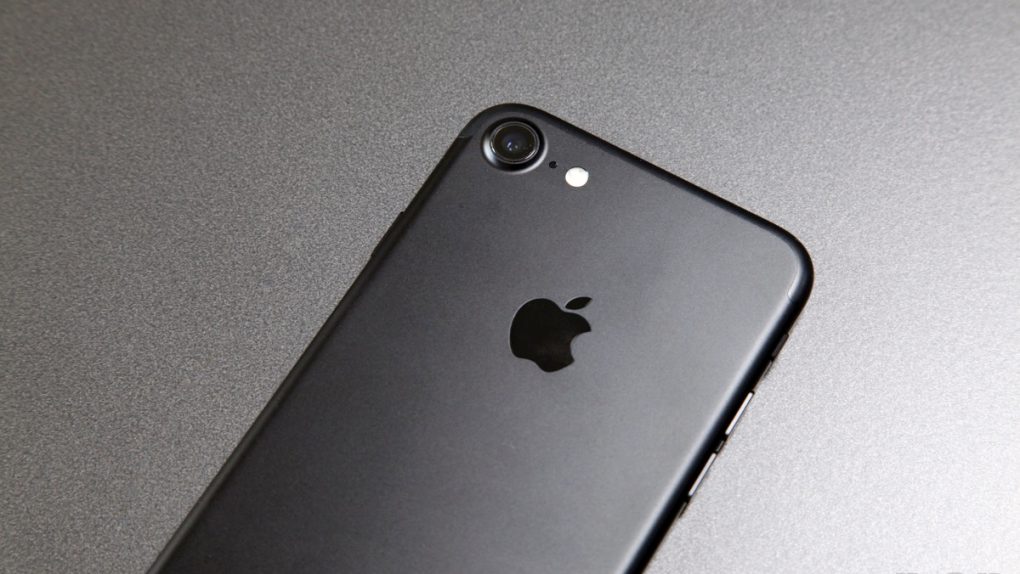Apple has been a longstanding target of criticism for the way it throttles CPU performance on iPhone models with lower capacity batteries. The company has said it does this to conserve battery life, but it led to complaints that it’s a tactic to force people to shell out for newer phone models.
Of course, CEO Tim Cook earlier this year went so far as to promise that iOS would now allow users to disable that feature, but the company nevertheless has been targeted with a wave of investigations and lawsuits over the issue. And now an Italian anti-trust watchdog has gotten in on the act, fining both Apple as well as Samsung 5 million euros each (the equivalent of more than $11 million between the two companies) over the practice.
As The Guardian notes, the fine followed an investigation into accusations that “operating system updates for older phones slowed them down, thereby encouraging the purchase of new phones. In a statement, the antitrust watchdog said ‘Apple and Samsung implemented dishonest commercial practices’ and that operating system updates “caused serious malfunctions and significantly reduced performance, thus accelerating phones’ substitution.'”
By way of giving more background to what led to the decision and ultimate fine, the newspaper goes on to note that Samsung told owners of its Galaxy Note 4 to install a new version of Google’s Android operating system which was intended for the more recent Note 7. One effect was that the older model’s performance started to get “sluggish” after the OS update. Likewise with owners of the iPhone 6, who started to see problems with their model once they installed the OS designed for the iPhone 7.
The 5 million euro fine was the maximum allowed. Both companies were also ordered to display a notice on the Italian versions of their website that informs customers about the fine.
The Italian agency hasn’t explained its decision to fine Samsung, but Apple has been up front about what it did and why. Apple, for its part, has also gone on even before now to offer everything from battery replacements to an iOS feature that allows for turning off the throttling if users wish.








